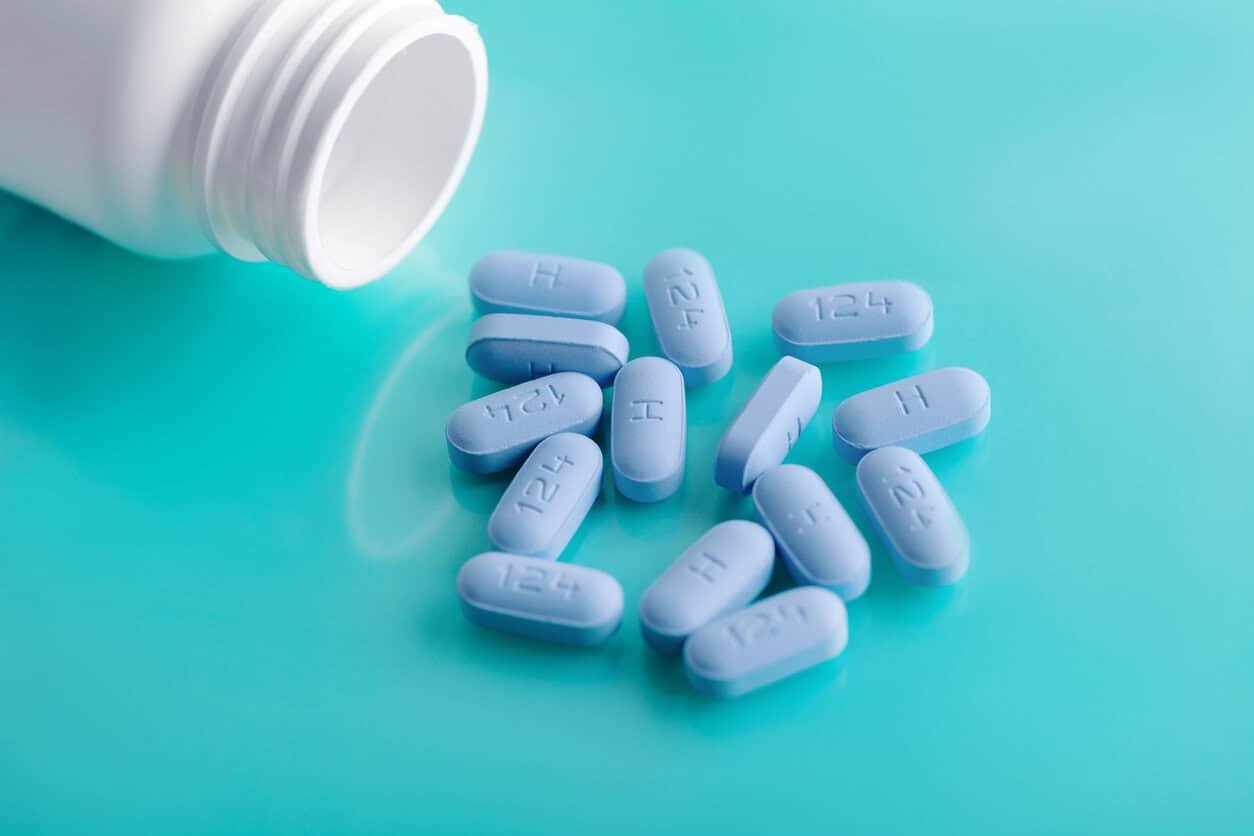Injectable PrEP lenacapavir, given twice a year, offers 96–100% HIV protection and will reach 120 countries, including South Africa, by 2027.

A drug with 96 to 100% efficacy in preventing HIV will be available to 120 countries, including South Africa, starting in 2027.
This after two Indian drugmakers Dr Reddy’s and Hetero announced last week they will roll-out lenacapavir, an injection administered just twice a year, to other countries and made accessible at a price of $40 (about R700) per person per year.
Lenacapavir is a pre-exposure prophylaxis (PrEP] drug, but instead of the usual pill that HIV negative people take to prevent HIV transmission, it is an injectable PrEP. Unlike the pill, which some people take daily, or on demand or when they plan to have sex, lenacapavir is administered twice a year per person.
Lenacapavir PrEP offers near-total HIV protection
Doctors Without Borders (MSF) praised the fact that the ground-breaking injectable PrEP would be distributed to more countries at $40. But MSF demanded a broader reach and more ambition to end the HIV epidemic.
It warned that global plans need to prioritise key populations and include the low- and middle-income countries currently excluded from the licensing agreement.
ALSO READ: US NPO fills HIV/Aids funding gap
“This is a step toward affordability and expanded access, which we welcome, but one that continues to exclude people outside these select countries where around one quarter of new HIV infections occur,” MSF said.
It also warned that current global roll-out plans remain insufficiently ambitious and risk failing to curb the HIV epidemic, especially if major donors and national governments abandon key populations.
According to MSF, lenacapavir represents a transformative advance in HIV prevention – particularly for communities facing stigma, criminalisation, and systemic barriers to daily pill adherence. Yet current access strategies cover less than 10% of global need.
Transformative advance in HIV prevention
A plan announced on 4 September between the US President’s Emergency Plan for Aids Relief (Pepfar), Gilead Sciences and the Global Fund aims to reach just two million people in 12 countries by 2028.
Modelling released last week by UNAids suggests that under this limited approach, just 50 000 new HIV infections will be prevented out of a potential 3.8 million.
ALSO READ: Mashatile demands urgent action to close HIV treatment gap
“Pepfar’s focus on pregnant and breast-feeding women will likely result in deprioritising key populations, such as sex workers, men who have sex with men, people who inject drugs and transgender people,” said Mihir Mankad, director of global health advocacy and policy at MSF US.
Mankad believed it is precisely among these communities where access to LA-PrEP (long-acting PrEP) would have the greatest impact due to their greater vulnerability to HIV acquisition.
“If the US government were serious about addressing the global HIV epidemic, it would work to ensure these key populations are prioritised for access to Pepfar-supported LA-PrEP, alongside pregnant and breast-feeding women,” he said.
Importance of access for key populations
“Gilead’s current strategy prioritises profit over epidemic control, leaving people in non-target countries without access to a potentially life-saving intervention, including key populations.”
MSF noted that the UNAids modelling highlighted the importance of access for key populations, citing the Philippines, where studies showed offering lenacapavir to 58% of key populations (2% of the total population) could avert 45% of new HIV infections in the country.
ALSO READ: Malaria deaths set to rise as global aid cuts deepen crisis
Yet at-risk populations in these excluded countries remain outside the scope of current roll-out plans.
Also, communities that participated in clinical trials for lenacapavir in Brazil, Argentina, Mexico and Peru were found to be outside the roll-out plans.
Antonio Flores, senior HIV/ TB advisor for Southern Africa Medical Unit at MSF, said: “This scenario of opaque pricing, restrictive licensing and inadequate global targets will leave far too many people at continued risk of preventable HIV infections.
“We urge Gilead to expand its licensing to include all low- and middle-income countries, to be transparent on pricing and to lower pricing to allow all people to access these life-saving medicines.”
Support Local Journalism
Add The Citizen as a Preferred Source on Google and follow us on Google News to see more of our trusted reporting in Google News and Top Stories.






